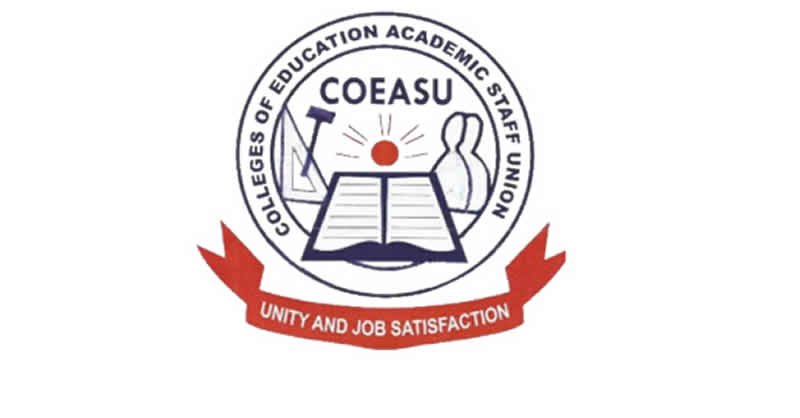
THE Colleges of Education Academic Staff Union has said the alleged N80bn fraud in the office of the Accountant-General of the Federation has vindicated its opposition to the Integrated Payroll and Personnel Information System.
The union insisted on the University Transparency and Accountability Solution as its preferred payment platform.
COEASU has been at loggerheads with the Federal Government over its opposition to the IPPIS payment platform.
But reacting to the N80bn fraud allegedly perpetrated by the AGF, Idris Ahmed, who is currently in the Economic and Financial Crimes Commission’s custody, the COEASU President, Dr Smart Olugbeko, in a statement on Thursday, noted that many of the union members had complained about the illegal deductions of their salaries.
In the statement, titled, ‘On UTAS we stand,’ the union described the fraud saga as a contradiction of the acclaimed anti-corruption posture of the regime of the President Major General Muhammadu Buhari (retd.).
It said, “The recent can of worms in the Office of the Accountant-General of the Federation where the Economic and Financial Crimes Commission has uncovered a fraud of not less than a whopping N80bn sufficiently vindicates our union’s position that IPPIS is a fraud.”
“Apart from undermining the statutory functions of the Governing Councils and breaching the establishment integrity of the tertiary education sector in general and the College of Education system in particular, IPPIS opens the payroll up to unilateral manipulations and cool fraud.
“In fact, we dare say that the N80bn discovered by EFCC is merely a tip of the cankerous iceberg of wanton fraud enabled by the questionable pay platform.”
According to COEASU, the government has no more excuses for the continued delay in migrating academics in tertiary institutions to the UTAS, the alternative payment platform created by the Academic Staff Union of Universities.
“UTAS adequately addresses our concerns on payroll security and the peculiarities of the tertiary education system in general. It should be adopted for the entire academic staff in the tertiary education sector as it takes care of the peculiarities of the institutions including financial autonomy, sabbatical service, administration of discipline and fraud prevention,” it explained.
Copyright PUNCH.
All rights reserved. This material, and other digital content on this website, may not be reproduced, published, broadcast, rewritten or redistributed in whole or in part without prior express written permission from PUNCH.
Contact: [email protected]





